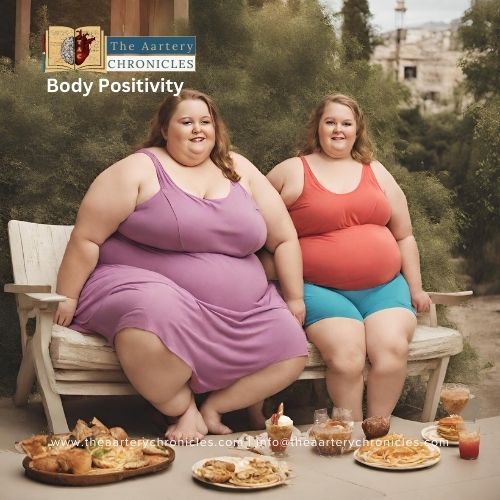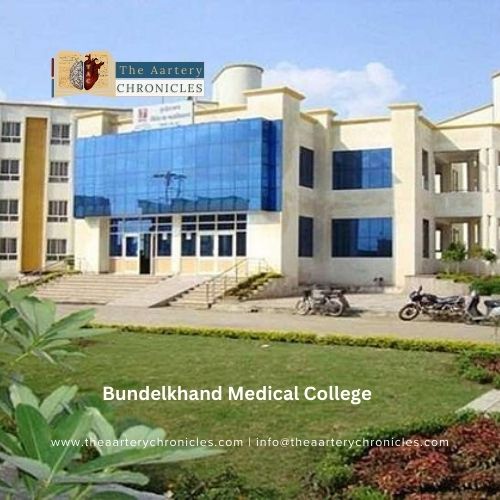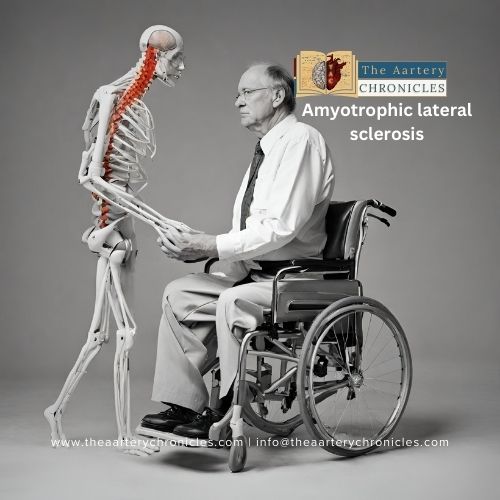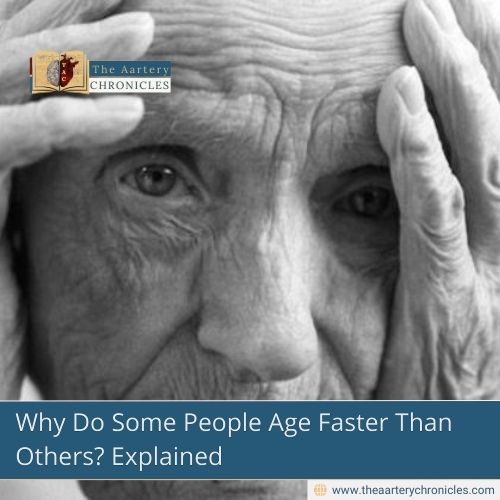
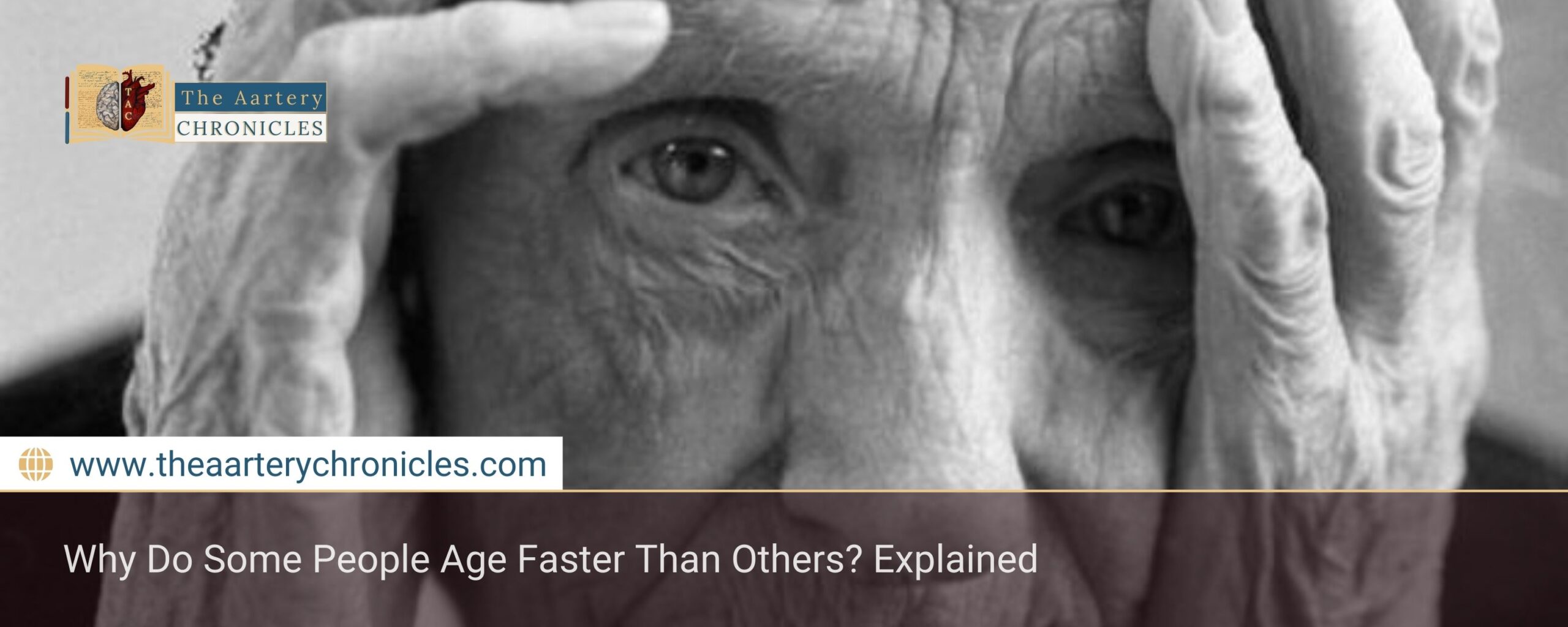
Why Do Some People Age Faster Than Others? Explained
It’s a question many people ask: why do some people age faster than others? While some reach their 90s with sharp minds and strong bodies, others face health challenges such as memory loss, diabetes, or mobility problems decades earlier. Now, new research from the University of Colorado Boulder provides important clues.
Published in Nature Genetics, the study identifies more than 400 genes linked to different forms of accelerated ageing. These findings may help doctors better predict, prevent, and one day treat age-related decline.
Understanding Frailty in Ageing
Doctors often use the term frailty to describe the gradual decline that comes with ageing. It can include slower walking speed, weaker grip strength, poor memory, multiple illnesses, or even social isolation. More than 40% of adults over age 65 in the U.S. are considered frail.
The problem, researchers explain, is that frailty can look very different from person to person. For instance, one individual may struggle with memory but remain physically strong, while another may lose mobility but stay mentally sharp. This has made it difficult for doctors to offer precise treatments and for scientists to uncover the root causes of unhealthy ageing.
What the Study Found
To dig deeper, researchers analysed DNA and health data from hundreds of thousands of participants in the UK Biobank and other datasets. Their genome-wide association study revealed 408 genes tied to frailty—far more than the 37 identified in earlier studies.
Interestingly, different sets of genes were connected to different types of unhealthy ageing. For example:
- Cognitive decline: The SP1 gene, also linked to Alzheimer’s disease, was strongly associated with memory-related frailty.
- Metabolic problems: The FTO gene, known for its role in obesity, was connected to multiple forms of frailty, including lifestyle and disease-related issues.
This shows that accelerated ageing is not driven by a single pathway, but by many distinct biological processes.
Why This Matters
These discoveries lend support to the geroscience hypothesis—the idea that to treat age-related diseases, doctors must first address the biology of ageing itself.
By breaking frailty into subtypes, doctors could eventually personalise care. For instance:
- A patient showing early signs of cognitive frailty might receive preventive therapies for dementia.
- Someone with metabolic frailty could focus on preventing diabetes or heart disease.
Researchers also envision the use of “polygenic risk scores” in the future. These would provide individuals with a personalised genetic risk profile, helping them understand which aspects of ageing they are most vulnerable to.
The Future of Anti-Ageing Treatments
While the idea of a single “anti-ageing pill” is unlikely, this study points toward a more practical path: targeted treatments. Instead of needing hundreds of separate therapies for every possible illness, doctors may eventually have a few key medications designed to slow specific forms of ageing, such as metabolic or cognitive decline.
As senior author Dr. Andrew Grotzinger explains, “This research suggests ageing is not one disease with one solution. But it also shows that we may not need hundreds of treatments either. A handful of well-targeted therapies could make a major difference.”
Conclusion
So, why do some people age faster than others? The answer lies in our genes. With over 400 genetic factors now linked to frailty, scientists are closer than ever to understanding the biology of ageing. While a magic pill for eternal youth remains out of reach, this research opens the door to more personalised and effective strategies for healthier, longer lives.
Source: Inputs from various media Sources
I’m a pharmacist with a strong background in health sciences. I hold a BSc from Delhi University and a pharmacy degree from PDM University. I write articles and daily health news while interviewing doctors to bring you the latest insights. In my free time, you’ll find me at the gym or lost in a sci-fi novel.
- Priya Bairagi
- Health News and Updates,People Forum
- 21 August 2025
- 20:00



